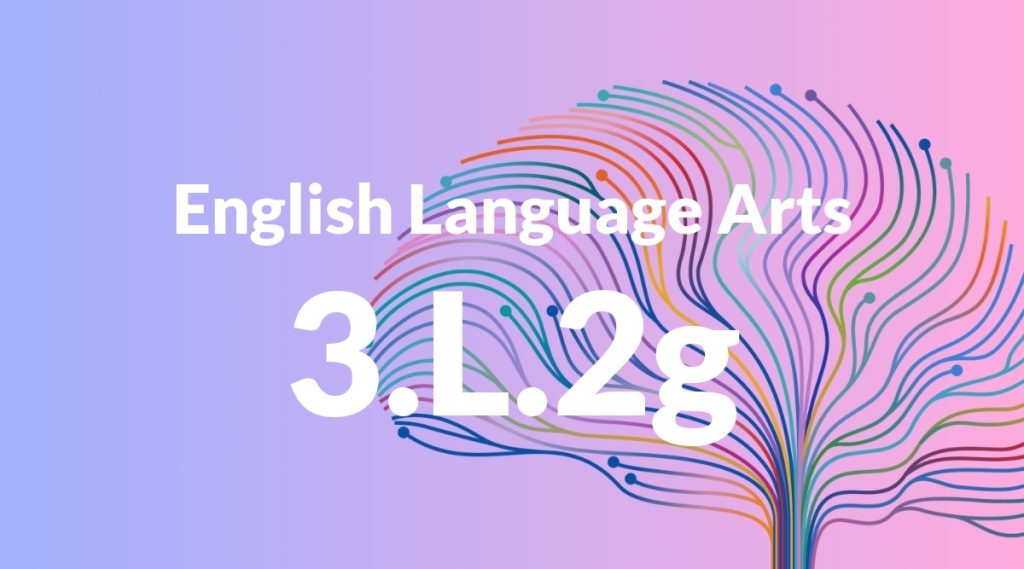Standard: 3.L.2g – Consult reference materials, including beginning dictionaries, as needed to check and correct spellings.
Grade level: Grade 3
Subject: English Language Arts
Domain: Language
Teacher Overview
This standard emphasizes the importance of using reference materials, such as dictionaries, to verify and correct spellings. This skill is crucial for developing independent writing and editing abilities, which are essential for effective communication. Students should know how to use a dictionary, including understanding alphabetical order and guide words.
Students will be able to use more advanced reference materials and digital tools to enhance their writing and editing skills.
Common Misconception 1
Some students may think that all words they encounter can be found in a beginning dictionary. This is incorrect because beginning dictionaries have a limited number of words.
Intervention 1
Introduce students to more comprehensive dictionaries and digital tools, explaining that these resources contain a broader range of words.
Common Misconception 2
Students might believe that finding the correct spelling in a dictionary is enough, without understanding the word’s meaning. This can lead to misuse of words.
Intervention 2
Encourage students to read the definitions and example sentences in the dictionary to ensure they understand the word’s meaning and proper usage.
Prerequisite Knowledge
Students should have a basic understanding of how to use a dictionary, including knowing alphabetical order and being able to identify guide words.
Subsequent Knowledge
After mastering this standard, students will develop the ability to use more advanced reference materials and digital tools to enhance their writing and editing skills.
Instructional Activities
- Dictionary scavenger hunt: Students find and correct misspelled words in a given text.
- Spelling bee using dictionaries: Students look up words and spell them correctly.
- Writing assignments: Students use dictionaries to check and correct spellings.
- Dictionary relay race: Teams compete to find and correct words quickly.
- Create a personal dictionary: Students compile words they frequently misspell along with correct spellings and definitions.




